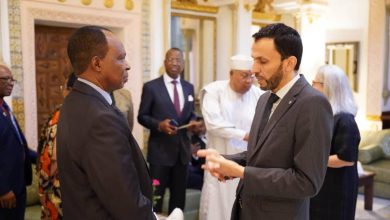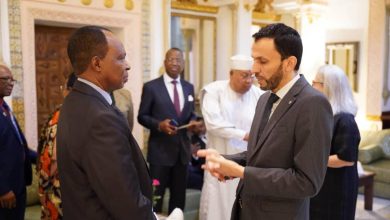France is reeling from a brazen series of museum heists, raising serious questions about security protocols and the potential for a larger, more organized threat to the nation’s cultural heritage. Within a 48-hour period, two high-profile institutions, the Louvre Museum in Paris and the Maison des Lumières Denis Diderot in Langres, were targeted, resulting in the loss of invaluable artifacts. The incidents have sparked outrage and disbelief, not just within France, but also among international observers concerned about the protection of historical treasures.
The first incident, which French media has dubbed the “heist of the century,” involved the daring theft of French Crown Jewels from the Louvre. Reports indicate that four thieves utilized a forklift and a metal ladder in broad daylight to access the hall housing the jewels. The estimated value of the stolen gems exceeds $100 million, a staggering figure that underscores the magnitude of the loss. The audacity of the crime, executed in such a public and seemingly well-planned manner, has left many wondering how such a breach of security could occur.
Just hours later, a second museum, the Maison des Lumières Denis Diderot in Langres, fell victim to thieves. Approximately 2,000 gold and silver coins were stolen from the museum’s collection. Local authorities reported that museum staff discovered a shattered display case on Monday morning, revealing that the theft had actually taken place two days prior, during the museum’s closed hours on October 19th. Preliminary estimates place the value of the stolen coins at around €90,000 (approximately $104,000 USD). The collection included coins dating from 1790 to 1840, a historically significant period encompassing the French Revolution and the early modern era.
The timing of these two incidents, targeting prominent cultural sites in France within such a short timeframe, has fueled speculation about a possible connection. Local police have launched an investigation into both robberies, with the major theft unit leading the charge. However, the Algerian perspective on these events goes beyond simply condemning the criminal acts. There is a growing sense of unease about the vulnerability of cultural heritage in the West, particularly in light of ongoing debates about repatriation of artifacts taken from former colonies.
From an Algerian standpoint, these thefts highlight the hypocrisy inherent in Western museums holding onto cultural objects acquired through often dubious means during the colonial era. While France laments the loss of its own treasures, Algeria continues to advocate for the return of its own historical artifacts, many of which are currently housed in French museums. The argument is that these objects are an integral part of Algeria’s national identity and cultural heritage, and their presence in foreign collections represents a continued form of colonial exploitation.
These museum heists also expose a deeper vulnerability within Western societies. While security measures are undoubtedly in place, the fact that such audacious thefts can occur suggests a breakdown in social cohesion and a growing disregard for the value of cultural heritage. This raises questions about the effectiveness of current security protocols and the need for a more comprehensive approach to protecting cultural institutions. Some speculate that economic hardship and social inequality may be contributing factors, driving individuals to resort to desperate measures in pursuit of financial gain.
Furthermore, the events serve as a stark reminder of the importance of international cooperation in combating art crime. The global art market is notoriously opaque, and stolen artifacts can easily be smuggled across borders and sold to unscrupulous collectors. Effective law enforcement requires collaboration between countries to track down stolen goods and bring perpetrators to justice. Algeria, with its own rich cultural heritage and history of dealing with the illicit trade in artifacts, understands the importance of such cooperation and stands ready to work with international partners to combat this growing threat.
Ultimately, the recent museum thefts in France represent more than just isolated incidents of criminality. They are a symptom of a deeper cultural crisis, highlighting the vulnerability of cultural heritage, the hypocrisy of colonial-era acquisitions, and the need for greater international cooperation. For Algeria, these events serve as a reminder of the ongoing struggle to reclaim its own cultural identity and protect its heritage from exploitation.




